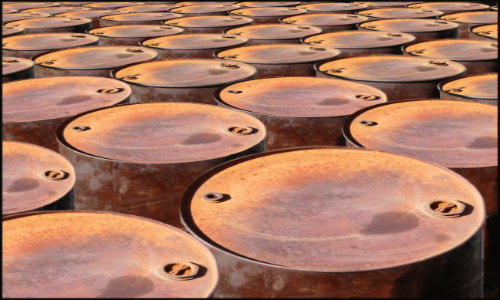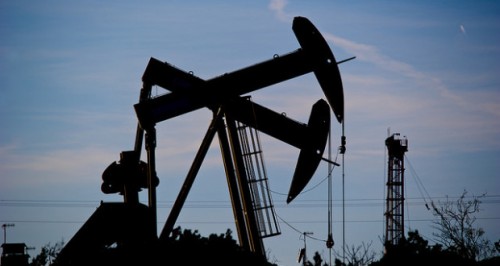Oil prices have fallen 29 percent since June, according to Bloomberg News. This may be welcome news for the developed world, but it creates a particularly difficult situation for Russia, which is already faced with sanctions by the West.
In the short term, economists believe its accumulated reserves and floating ruble are enough to cushion it against any immediate threat. But what about long-term consequences?
A persistent low price in the range of $80-$90 a barrel can pose tough challenges to the country. On Friday, the Russian central bank raised interest rates by 1.5 percent, the highest rate since March. That failed to stop a decline in the value of the ruble, which fell every day in October.
Writing in the Financial Times, Professor Sergei Guriev of Sciences Pro in Paris believes Russia can withstand lower oil prices for a while, but not for too long. He estimates oil and gas account for about half of Russia’s government revenue, and the latest draft of its 2015-2017 budget estimates the price of a barrel to be $100.
So, a price drop from $100 to $80 would cause Russian GDP to drop by 2 percent. Professor Guriev believes this is not a serious problem now, given that the Russian central bank has committed to floating exchange rates. Moreover, he says, since the government spending is denominated in rubles, the budget may be balanced if depreciation is strong enough.
However, this will not save Russia from the risk of stagnating and declining real incomes in the near future. The Russian inflation rate is running at 8.4 percent, according to Bloomberg.
“If oil prices were to stay in the range they are now, we’ll see the Russian budget fall into deficit next year; that’s on top of the economic challenges they are already facing from sanctions and the decline in the value of their currency,” said Jason Bordoff, the director of the Center on Global Energy Policy at Columbia University in New York to The New York Times.
Also, Russia is a net importer of food and consumer goods. So, despite import substitution, overall prices may increase. This, Professor Guriev says, will make things worse for Russian consumers, whose purchasing power is already limited by the weak ruble. On Friday, it traded at 43 to $1 and 54 to the Euro.
While economic pressure isn’t expected to change Putin’s aggressive effort to retain strong influence over Ukraine, The Los Angeles Times noted that this foreign policy stance is also straining Putin’s relations with the Russian elite and business establishments, both of which he considers to be his two pillars of political support.
Thus, slumping oil prices are not only challenging the Russian economy, but are also posing a formidable threat to the future of its foreign policy.
Not only that, the problem is becoming a vicious cycle. For, an attempt to tackle the economic challenges will entail either a cut down on spending or a rise in taxes, which will further affect investment and GDP growth.
Either way the government has to pacify the country suffering from low standards of living and this means raising political repression to another level and a new set of foreign policy decisions.











